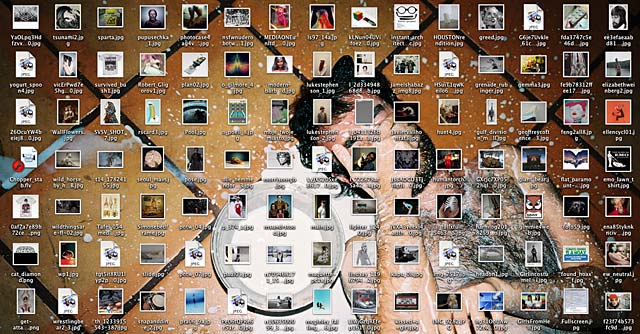The things I’ve enjoyed most since I’ve left are just mundane things that allow me congenial interactions with people. Paying for the bus. Talking to the person you’re sitting next too. Buying a sandwich. Excusing yourself when you pass someone on an escalator. Helping people. I helped a woman get her pram off the bus this morning, and she probably walked away thinking ‘what a nice young man’ without realising I’ve just spent two years locked inside cesspool of human indignity for threatening a room full of people with a firearm.
→ Teamliquid.net, Amnesia: 2 Years In Prison – A Man’s Story
For both games, two 6 gram weights was almost too much, yet with only one weight in the R.A.T. 7 gaming mouse, it felt a little whippy and I had to dial down the DPI a notch from 4000 DPI range to about 3500 DPI. If there had been a 2 or three gram weight option, it would have been perfect and I probably would have been able to boost the DPI settings even higher than 4000. In any event, my hand was not fatigued in the least by the end of either gaming marathon sessions, this is something which happens all too often for me and some mice I literally have to take a break or risk hand cramps.
→ Everthing USB, Anthony Garland: Mad Catz Cyborg R.A.T. 7 Gaming Mouse Review
The lesson, basically, is that a company won’t do well in the developing world simply by hawking cheap, out-of-date hardware after it’s become obsolete in places like America. Companies like Nokia, LG and Samsung spend a lot of time and money developing new phones that you and I might consider old-fashioned or odd, and with good reason: Emerging markets are huge. The 8th, 9th and 10th largest phone seller in the world, by volume, are companies you’ve never heard of—ZTE, G-Five and Huawei—which have made heaps of money selling millions of customers their first phones.
→ Gizmodo, John Herrman: The most popular phone in the world
Not long ago, foods like kiwis and sushi weren’t widely known or available. It is quite likely that in 2020 we will look back in surprise at the era when our menus didn’t include locusts, beetle larvae, dragonfly larvae, crickets and other insect delights.
→ Wall Street Journal, Marcel Dicke & Arnold van Huis: The six-legged meat of the future
By the next morning—day six—the three were well aware that they’d made a terrible mistake. But what could they do? They sat on the benches, facing each other. They had no watch. Nothing to read. No pen or paper. They tried to distract themselves with conversation, but they had little to say. “It started to get quiet,” says Etueni. “All I was thinking about was water and juice.”
→ GQ, Michael Finkel: Here be monsters




